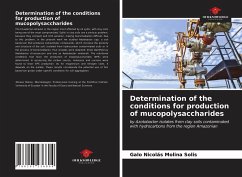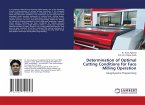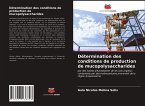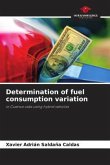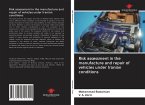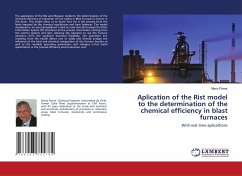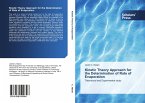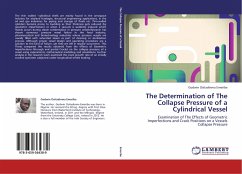The Ecuadorian Amazon is the region most affected by oil spills, with clay soils being one of the most compromised. Spills in clay soils are a serious problem, because they compact and limit aeration, making bioremediation difficult. Due to this problem, in the present work we studied Azotobacter spp. a soil bacterium that produces extracellular compounds, which increase the porosity and structure of the soil, isolated from hydrocarbon contaminated soils or in the process of bioremediation. Four isolates were obtained: three identified as Azotobacter chrocooccum and one as Azotobacter vinelandii. The nutritional conditions that favor the production of exopolysaccharides (EPS) were determined. In assessing the carbon source, molasses and sucrose were found to favor EPS production. As for magnesium and nitrogen salts, it depends on the isolate. These results corroborate the potential use of this bacterium grown under specific conditions for soil aggregation.
Hinweis: Dieser Artikel kann nur an eine deutsche Lieferadresse ausgeliefert werden.
Hinweis: Dieser Artikel kann nur an eine deutsche Lieferadresse ausgeliefert werden.

